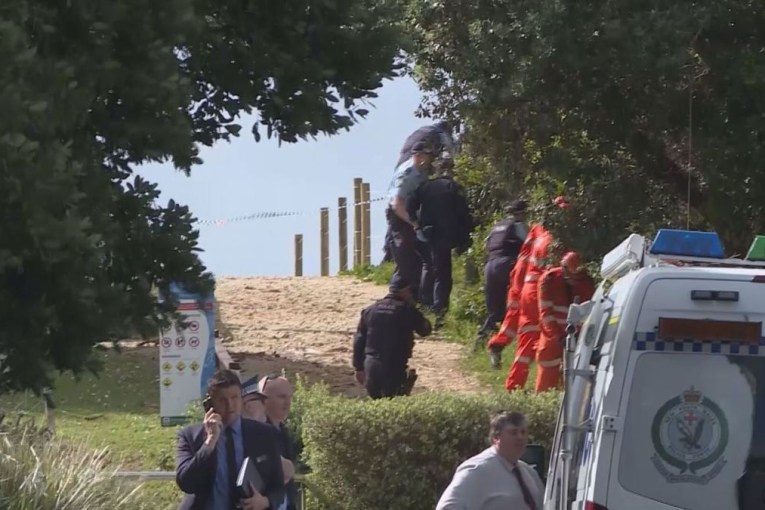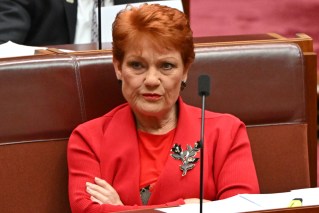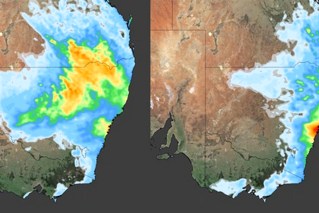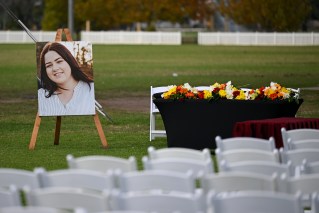Is your state lobbying for a wage rise for workers?


Victoria is pushing for a bigger pay rise than other states around Australia. Photo: Getty
The Victorian government is leading a push to give millions of Australian workers a bigger pay rise, breaking with the federal government and other states’ calls for “modest” and “balanced” increases.
In its submission to the Fair Work Commission’s annual review for those on the minimum wage, the Victorian government said nominal wages were growing in the state, but real wages were falling.
“A substantial increase is necessary to support workers in dealing with ongoing cost-of-living pressures as well as ensuring that growth in minimum and award wages does not lag behind wage increases in the broader labour market,” the submission said.
“The Victorian government calls on the FWC to consider applying a higher increase to modern award wages for those award-reliant workers who are in the lower paid and often female-dominated sector.”
More than one in five Australian workers are paid minimum award rates.
Last year, the FWC increased award and minimum wages by 5.75 per cent, while total inflation was about 4.1 per cent across 2023. That took the hourly rate for millions of the country’s lowest-paid workers to $22.60.
Dr Mark Humphrey-Jenner, associate professor of finance at the UNSW Sydney, said while wage growth has averaged marginally higher than inflation from December 2022 to December 2023, that didn’t tell the full story.
“For people who are struggling with a mortgage or rental stress, then their disposable income has actually gone significantly [lower],” he said.
“The issue the Fair Work Commission will face is that it needs to think about how this interfaces with inflation and how is it that we break the vicious cycle of wage growth leading to inflation.”
Nominal wages grew by 4.2 per cent across 2023.
Is a wage rise likely?
Humphrey-Jenner said the FWC would need to factor in how to increase productivity into its decision on any potential wage rise.
“A large wage increase could easily contribute to inflation, and it’s something the Fair Work Commission will consider,” he said.
“When wage growth is sluggish, increasing less than inflation after tax or people are getting hit by mortgage or rental stress, they may also take on second jobs, leading to more burnout and less overall productivity.”
When the FWC increased award and minimum rates by 5.75 per cent in 2023, it said that continuing gender inequality would inform this year’s decision.
“There are significant issues concerning the potential gender undervaluation of work in modern award minimum wage rates applying to female-dominated industries and occupations,” it said.
“The scope and timing of the present review has prevented these gender equality issues being addressed to finality.”
The FWC approved a historic pay rise of up to 28 per cent for aged-care workers in March.

86 per cent of the residential aged-care workforce are women. Photo: Getty
According to the Workplace Gender Equality Agency, women earned on average $26,393 less than men, representing a total remuneration gender pay gap of 21.7 per cent.
The annual rise, if approved, will start from July 1.
The other states
NSW advocated for an increase to the national minimum wage that “addresses current cost-of-living issues in an economically responsible manner”.
Western Australia asked for a “fair and sustainable increase to minimum and award wages”.
South Australia said any rise should take a “balanced and sustainable approach”, fearing that a large rise risks “reigniting inflation growth”.
Queensland argued that award and minimum wages should receive a “fair and reasonable” increase, but the FWC should consider the inflation outlook, employment effects and cost-of-living pressures.
In its submission, the Albanese government said it “recommends that the Fair Work Commission ensures the real wages of Australia’s low-paid workers do not go backwards”.
The Northern Territory, the Australian Capital Territory and Tasmania did not make a submission to the Fair Work Commission.








